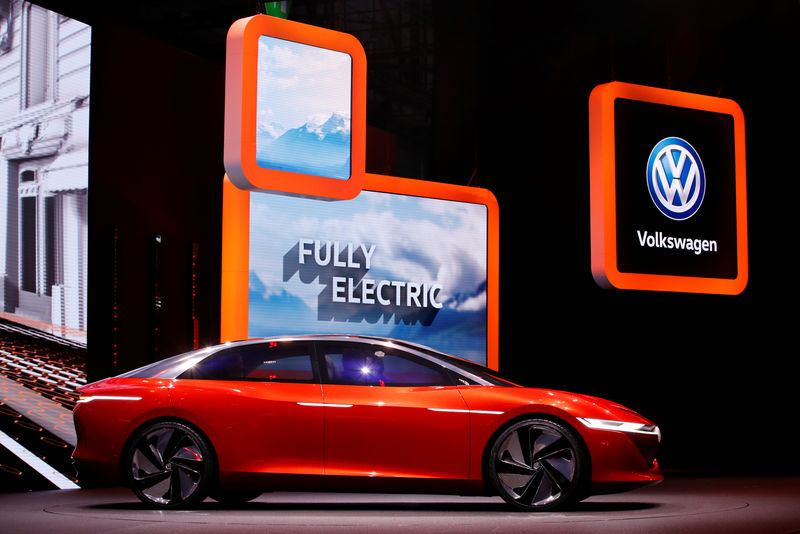Japan records surprise trade deficit in July as exports weaken further
Investing.com -- European auto stocks may be set for a pullback after the U.S. and European Union (EU) struck a new trade deal setting auto tariffs at 15%, according to Barclays (LON:BARC).
While the agreement is better than the worst-case scenario of 25%, the bank says the upside risk has now been removed and current valuations look stretched.
“15% is better than recent fears, but 6x higher than pre-Trump 2.0,” analyst Henning Cosman wrote, adding that “the SXAP looks vulnerable now on very elevated levels.”
The sector benchmark has already returned to flat year-to-date and trades at 9.8 times 12-month forward earnings, more than 40% above its long-term average.
Cosman argues that such elevated valuations would only be justified if earnings were set to recover meaningfully from recent weakness.
But despite some expected growth from self-help and one-off reversals, the analyst believes “the implied earnings growth for the SXAP to de-rate back to its long-term average P/E level is unlikely to materialise.”
The deal may bring clarity, but not necessarily further upside. EU auto makers had already rallied after a similar Japan deal last week, with the sector gaining about 4% in anticipation.
Barclays says consensus likely already reflects the 15% tariff and sees limited scope for upward revisions to earnings, as “volume-price-mix growth [is] appearing difficult to achieve for most OEMs and cost cutting not trivial.”
Cosman also noted that while balance sheets remain strong and companies continue returning cash to shareholders, questions around the sustainability of those cash flows persist.
“Despite the relief of a better-than-worst-case tariff outcome, the confirmation/removal of the upside risk of a deal is leaving the sector vulnerable for a reality check,” he said.
Looking ahead, Barclays highlights several open questions following the EU-U.S. auto tariff deal.
Barclays sees several unresolved issues following the 15% EU-U.S. auto tariff deal. One key uncertainty is whether the EU will lower its 10% tariff on U.S. car imports—a move that would benefit BMW (ETR:BMWG) and Mercedes (ETR:MBGn).
Meanwhile, both BMW and Volkswagen (ETR:VOWG) are still hoping for additional relief, including netting of exports and imports or investment credits tied to spending in the U.S.
Another open question is how tariffs on imports from Mexico, Canada, and South Korea will be handled. Without reductions, companies like Stellantis (NYSE:STLA), GM, and Ford—who are more exposed to those regions—could be at a disadvantage.
Finally, while the deal gives automakers clarity to update guidance, the shift to a 15% rate still implies a headwind for 2026 earnings, Cosman said.
